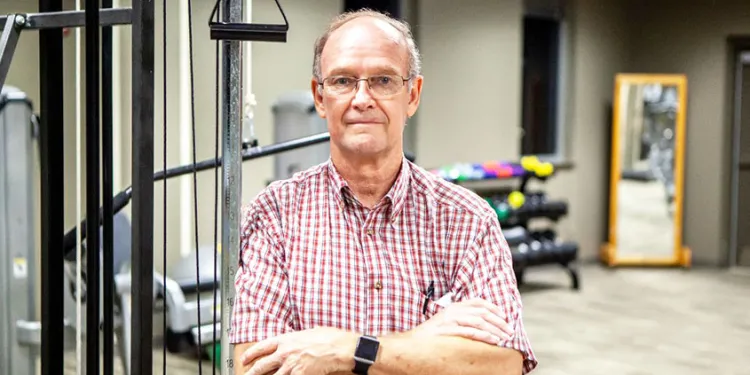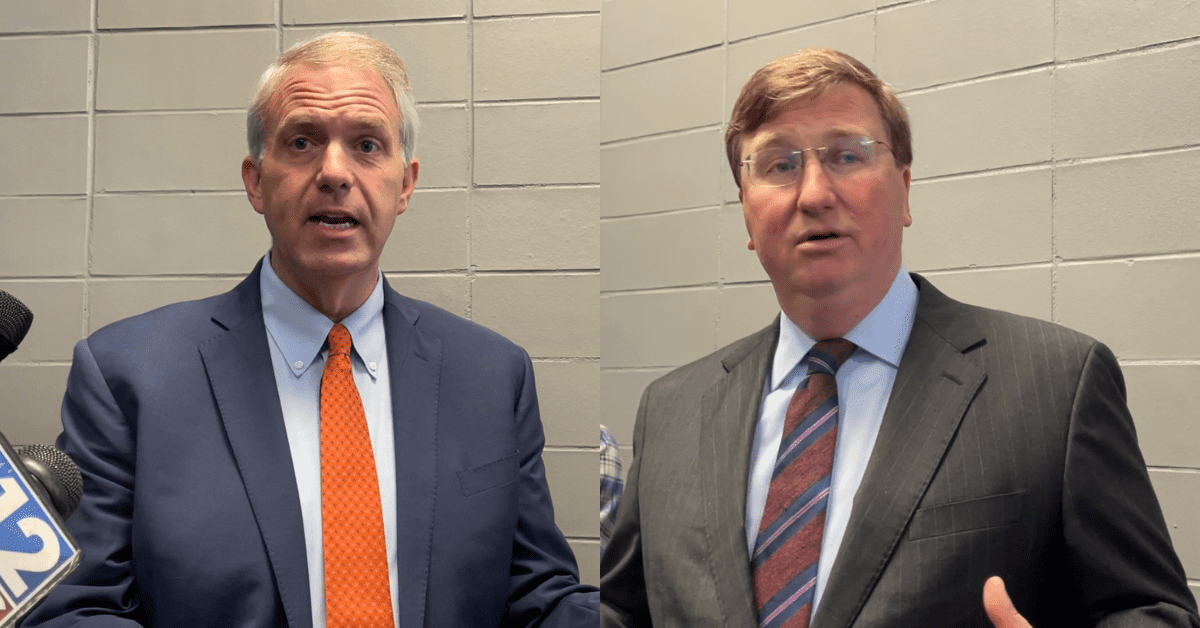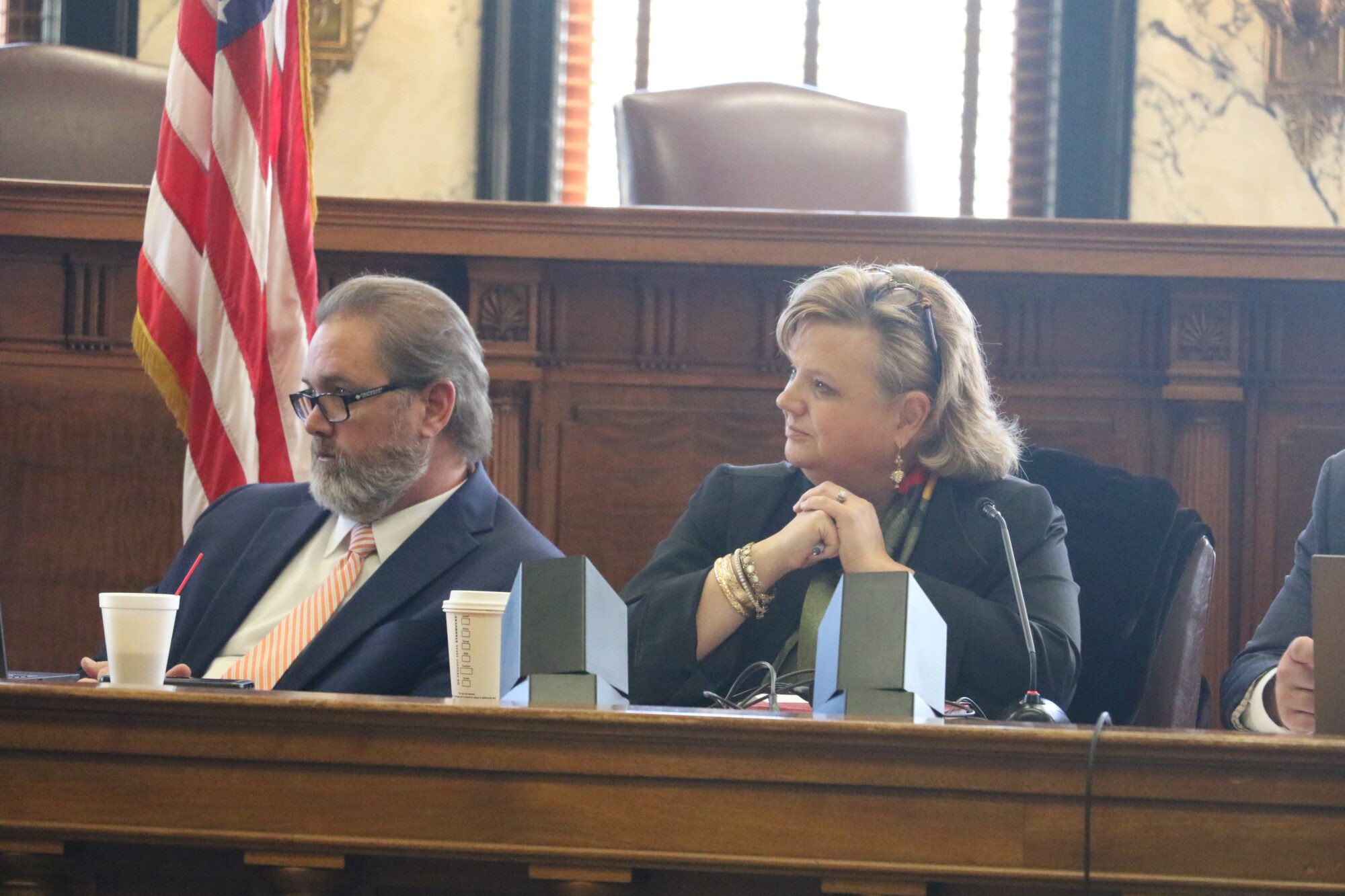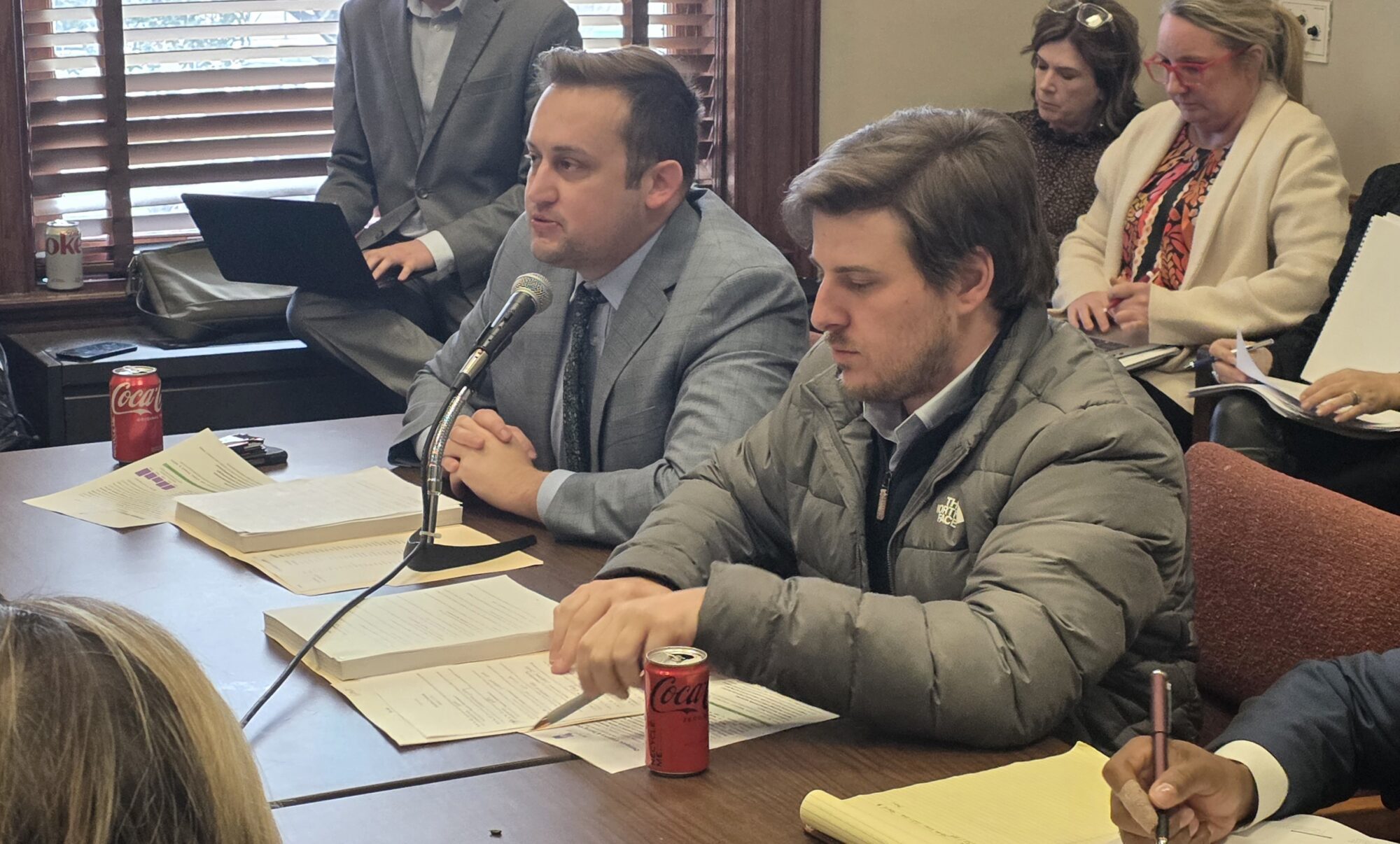
The Do No Harm rally on January 24, 2023 backing the REAP Act.
A law to prevent physicians from providing gender transition treatments to minors continues to cause waves among voters looking for candidates that represent their interests.
In 2023, the Mississippi Legislature passed a law to prevent minors from receiving gender transition treatments prior to the age of 18.
The legislation, House Bill 1125, or the Regulate Experimental Adolescent Procedures Act (REAP), bans physicians from performing reassignment surgeries or providing pharmaceutical treatments to reassign gender, regardless of parental or guardian consent. It also prevents Medicaid from covering any gender reassignment treatment for minor patients.
The bill does not prevent the use of mental health services in the event a child is experiencing gender dysphoria. It also does not prevent the use of hormone therapy for other purposes.
Since the bill became law with Governor Tate Reeves’ signature, the topic of gender transitions for minors has circulated throughout the election cycle, specifically in the gubernatorial race between incumbent Republican Governor Reeves and his Democratic challenger, Public Service Commissioner Brandon Presley.
Governor Reeves has been on record since the bill was initially filed as supporting the restriction of gender transition treatments to minors.
“In Mississippi, we will protect our kids from the dangers of an extremist gender ideology that seeks to convince them they were born in the wrong body,” Reeves told Magnolia Tribune in October. “That’s exactly why I was proud to sign the REAP Act earlier this year. In our state, radical activists will not be allowed to push experimental drugs and surgeries onto our children.”
After the passage of the REAP Act, Reeves’ opponent, Presley, told the Mississippi Press Association that, “I trust families, I trust mamas and I trust daddies to deal with the health care of their children first and foremost, period.”
This response was initially interpreted by some as evidence that Presley would not have signed the REAP Act.
Presley has since clarified his position. At this year’s Neshoba County Fair, he was asked by reporters if he would attempt to reverse the law if he were to become governor. Presley said he would not do so, adding that this issue is settled in Mississippi and any conversation around it are “false political attacks.”
Prior to Presley’s clarification, the Mississippi Democratic Party had voiced opposition to the REAP Act.
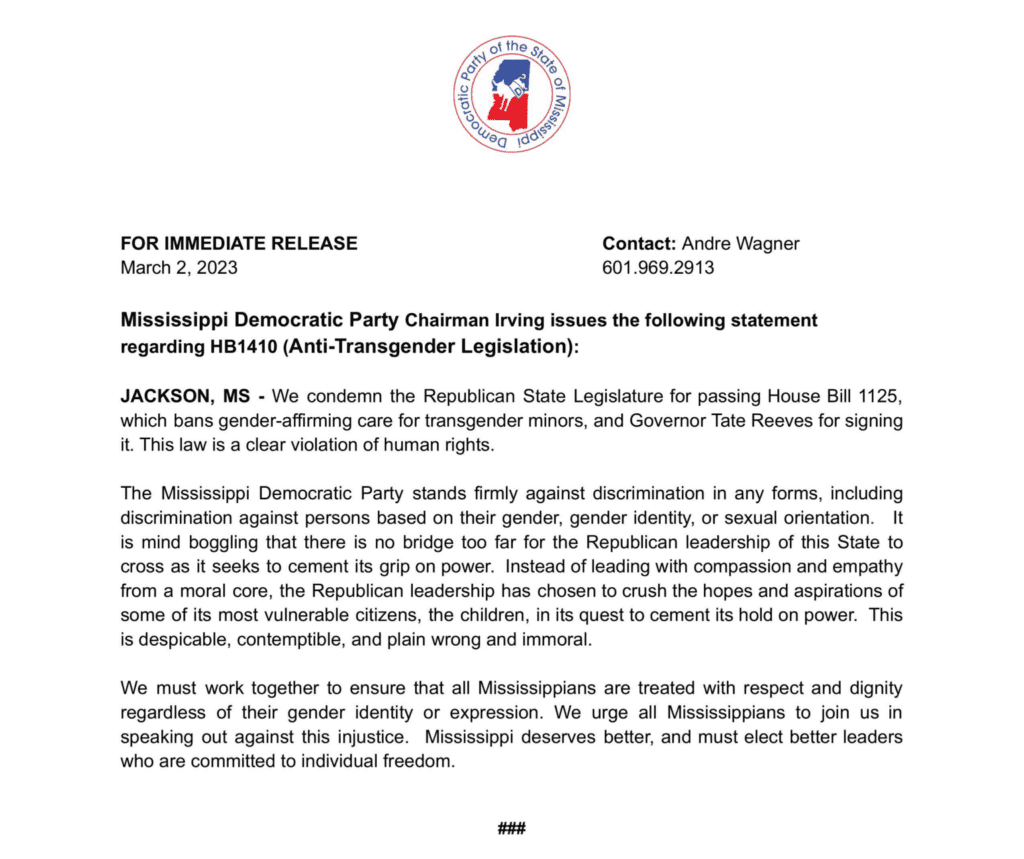
In an August release, Presley made statements in contrast with his political party.
“As a man of faith who is pro-life. I’ve never had an issue disagreeing with my party when they’re wrong, so I’ll be clear. I don’t think boys should be playing against girls, and girls shouldn’t be playing against boys. I don’t think minors should be getting surgery to change their gender,” said Presley.
After Passage
The bill received equal parts praise and criticism from the public after it was signed into law by Governor Reeves. Conservative advocate and columnist for The Daily Wire, Matt Walsh was in attendance at the signing.
“The reality is that this is not a difficult issue. It is quite straightforward. If we lived in a sane society run by sane people, we would all be able to agree on this point; the question of whether it is ever okay to castrate and sterilize and mutilate a child would be answered with one loud and unified voice saying without hesitation, not only no, but hell no,” said Walsh.
Many, including the Governor, say that this effort comes as a national movement by the “woke left” attempts to use children as “guinea pigs.”
“This dangerous movement attempts to convince these children that they are only a surgery away from happiness,” said Reeves in February.
Matt Sharp, Senior Council and Director for the Center of Legislative Advocacy, said in the United States, the conversation about minors transitioning is being led by families.
“So much of this has been driven by parents, even medical professionals and others who have been expressing concern about the harm these surgeries are doing to kids,” said Sharp. “The rest of the world is reversing course and beginning to roll back giving out these hormones but several places in the us are running head on into it.”
He said research indicates many European countries who have been allowing gender transition surgeries are now beginning to backtrack. However, because the United States does not have a centralized healthcare system like Europe, Sharp said it has been difficult to collect data on the impact this has had unless someone shares their story of de-transitioning.
“Sweden was the first to roll back their policies on surgeries and procedures after seen 19 times higher rates of suicide for those who have had these procedures,” said Sharp.
After the country reversed their policies, other countries like Finland and the United Kingdom along with the English National Health Service began rolling back their stance.
Sharp said it is recognized by the U.S. Endocrine Society that upwards of 85 percent of children will outgrow their gender dysphoria.
Political stances on the issue are also crossing party lines. In other states, like Louisiana and Texas, both Republicans and Democrats voted to prevent these such procedures from taking place in minors.
In Louisiana, the Legislature overrode the veto of similar legislation by Democratic Governor John Bel Edwards.
Opposition to the Legislation
The Biden Administration, however, is working to utilize Title IX to require schools who receive federal funding to use a child’s preferred pronouns. Biden’s Department of Health and Human Services (HHS) has proposed a rule change that could prevent states from enacting policies like Mississippi’s.
“Regardless of if doctors think it is dangerous or unethical, the feds might try to view that as discrimination,” said Sharp on the recent federal move.
Those who disagree with the legislation claim that these types of procedures were not taking place in the state. They argue the law would only lead to an increase in mental health issues among young people.
“We obviously oppose this bill and will do everything we can at any level to overturn it whether in the state house or legally. It’s dangerous,” said Rob Hill with the Human Rights Campaign (HRC) in Mississippi. He said the law, in particular, targets a small group of people in Mississippi.
Hill added that the HRC is committed to fighting the law and any future acts of discrimination against the trans community. While no lawsuits against the REAP Act have been filed, Hill said the option is not off the table, particularly after a judge in Arkansas recently struck down a 2021 Arkansas state law that included similar provisions.
As to why bans on such care are moving forward, Hill blames what he called a failed tenure for Reeves.
“I think the Governor’s decision to tout his success in bullying trans youth is just a way to direct away from his failed tenure and lack of vision,” said Hill, adding that those he speaks with would prefer the administration focus on better healthcare, Medicaid expansion and other pressing matters.
As a former United Methodist minister, Hill said he believes preventing this care is not the loving way forward.
“It is not being loving like we are called to be. It is being harmful and the Governor should know better,” said Hill. “Bills like HB 1125 perpetuate Mississippi’s reputation as being a place of discrimination. In this case, it’s discrimination against trans youth who are the most vulnerable community among us.”
According to the Human Rights Campaign, Mississippi is one of 22 states that have currently banned gender transitioning treatments.
In 2022, The Williams Institute released a study estimating more than 300,000 minors (13-17) identify as transgender, with roughly 1.6 million adults identifying that way. Among ethnicity, a larger number of white American’s identify as transgender compared to any other race.
While a large amount of U.S. data is not available on the long-term impact of transitioning at a young age, The Williams Institute said new resources like the National Crime Victimization Survey (NCVS) and Household Pulse Survey will aid in expanding the knowledge about experiences of the transgender population.
